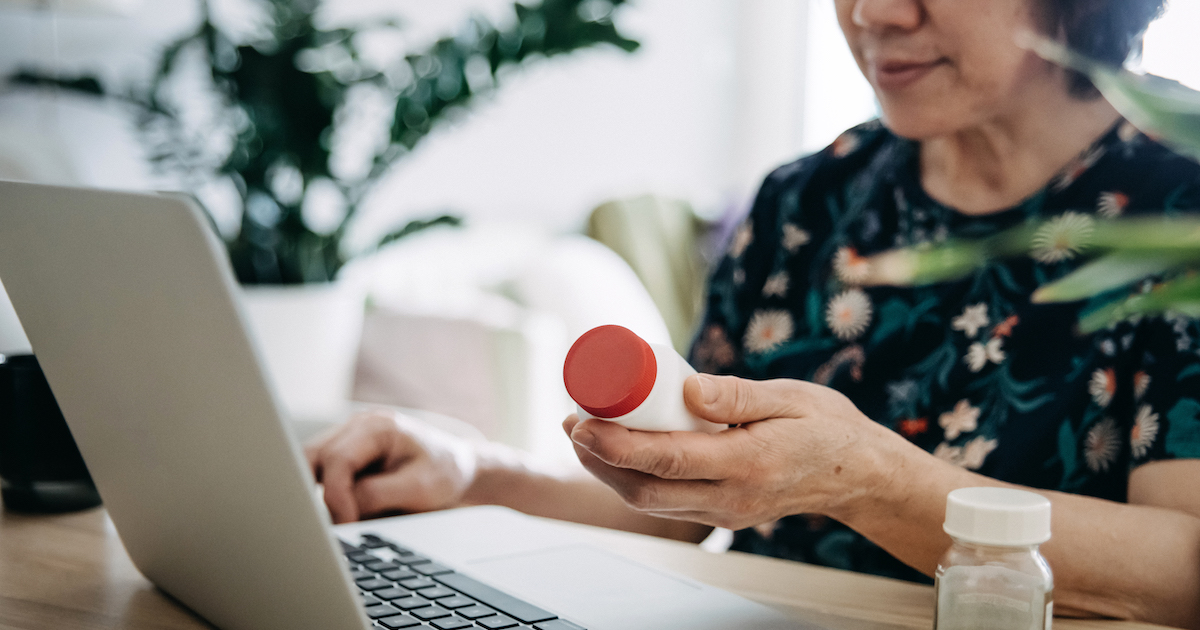We all know about apps that we carry on our smartphones, but what about apps that we carry in our bodies?
Perhaps medical technology hasn’t quite reached that point, at least not on a widespread basis, but it’s getting awfully close. And on Wednesday, Dec. 11, at the HIMSS Media mHealth Summit at the Gaylord National Resort and Convention Center just outside Washington D.C., Suke Jawanda, chief marketing officer of the Bluetooth SIG trade association, will discuss just how close we are.
His presentation, part of a roundtable titled “New Mobile Technologies & Innovations,” will look at the coming shift from stand-alone medical devices to wearable devices and, soon, to implanted monitors.
“It’s all very recent,” Jawanda said of the implantable technology. “Most of the technologies have been developed in just the last 12 months or so."
“What’s really happening is that we now have sensors that are continually monitoring something and sending the data to applications,” he said, pointing to glucose meters and blood pressure cuffs. Until recently, he noted, those meters took measurements but didn't do anything with them, forcing the user to copy them down and send them to his or her caregiver.
Subsequently, those meters were “smartened” by the addition of Bluetooth technology, enabling them to transmit data to smartphones, tablets or PCs. Now, a number of products enable patients to wear their monitors. And the day is not too far off when implantable devices will transmit data on a continual basis.
While there are still some technical issues to be resolved – for example, how do you provide long-term power to an implanted device without access to an external power source? – Jawanda said more substantial problems concern the emergence of new types of physician liability with constant data access, as well as the need for new reimbursement models. “Our billing system just isn’t set up for real-time monitoring,” he said.
Those problems notwithstanding, he said he's sure that “this is going to happen.”
“This is very disruptive," he said. "Disruptive for medical device makers, physicians (and) insurers, but despite that, it’s going to happen.”
To learn more and register for the session, visit the HIMSS Media mHealth Summit.



